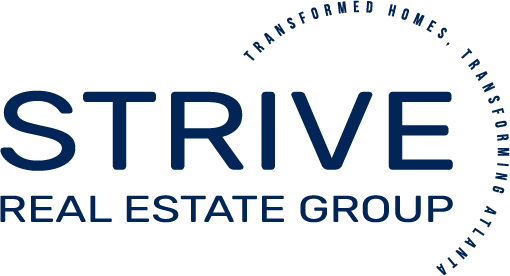Ever thought about what determines the health of the real estate market? Here are some key factors!
Supply and Demand
Supply refers to the number of available properties in the market while demand represents the desire for properties by potential buyers. When demand exceeds supply, property values tend to rise. Conversely, an oversupply may lead to decreased values.
House Prices
Home prices reflect the balance between supply and demand, economic conditions, and other market factors. Rising prices may indicate a robust market, while declining prices could signal challenges or shifts in the economy.
Interest Rates
Interest rates make mortgages more affordable, boosting demand and potentially leading to an increase in house prices. Interest rates are often linked to the overall economic health, and changes can influence consumer confidence and spending.
Economy
Economic indicators such as employment rates, income levels, government policies, and GDP play a crucial role in shaping the real estate market. High employment rates contribute to increased demand for housing, impacting both supply and demand dynamics. The overall income levels of the population influence the ability to afford homes and impact the real estate market's health. Economic policies, such as tax incentives or stimulus measures, can directly influence the real estate market and a growing economy is generally associated with a thriving real estate market, as it boosts consumer confidence and investment.
While there are other factors that impact the market, understanding these factors can help make make informed decisions when buying, selling, or investing in real estate. If you have questions about any of these or want to chat more, click below to talk to someone from our team!

